Leaders from Denmark, Finland, Iceland, Norway, Sweden, Aland, the Faroe Islands and Greenland met in Reykjavik, Iceland this week for a four-day session of the Nordic Council focused on ‘Peace and Security in the Arctic’. International affairs expert Irina Strelnikova told Sputnik why regional security can't be assured if Russia's not involved.
The Nordic Council has effectively
become an appendage to the NATO alliance after Finland and Sweden's entry into the bloc in 2023 and 2024, with the Council increasingly focusing on security matters and “threats” to the region ostensibly posed by Russia and China, and becoming a top cheerleader for the NATO-fueled proxy war in Ukraine.
To drive the latter point home, this week’s Nordic Council session in Reykjavik featured guest appearances by Volodymyr Zelensky and Svetlana Tikhanovskaya, the US and EU-backed Belarusian opposition figure.
At a defense conference last month, Nordic Council representatives
highlighted the organization’s “great potential” for ramping up coordination on security issues in the Arctic and Baltic Seas, now that participants “are all NATO members,” and reiterated members' commitment to "continued strong support for Ukraine."
Russia’s centrality to Nordic Council deliberations and calculations isn’t surprising, given NATO’s Nordic ambitions going back to the Cold War, and Pentagon planners
view of the region a
vital choke point for Soviet and Russian warships and submarines.
The Nordic Council’s growing focus on security also comes amid a broader breakdown in Arctic cooperation, with meetings of the Arctic Council, which also includes Russia, Canada and the United States, frozen since the spring of 2022 and the escalation of the Ukrainian crisis into a full-blown NATO-Russia proxy war.
“The Ukrainian crisis is not the root cause of the militarization of the Arctic, since tensions and escalation began long before it,” Irina Strelnikova, international affairs researcher at Russia’s Higher School of Economics, told Sputnik.
“I would characterize 2019 and the speech by US Secretary of State Mike Pompeo at the Arctic Council as the starting point. In it, Pompeo said the Arctic is no longer an arena for cooperation, that all countries involved in the region need to prepare for the fact that it is becoming a region for rivalry, and essentially that China and Russia are ‘threats to security’ in the region,” Strelnikova recalled.
In that light, the Nordic Council's emphasis on security at this week's meetings, and even the invitation of Volodymyr Zelensky, makes sense, given that today "the policy of Western countries" toward any issues related to Russia "is carried out exclusively in the context of the Ukrainian crisis," the observer suggested.
However, actually reaching an agreement on security, or issues ranging from climate change to energy, makes little sense without Russia's participation, according to Strelnikova, who recalled that “over 50% of the Arctic Ocean’s coast borders our country, and our Arctic sector is the largest.”
"No matter how Western nations may try to create and build some new [Arctic] alliances, the climate issue has demonstrated very well that all of their attempts are simply doomed to failure. I'm talking about Russia's exclusion from the INTERACT [International Network for Terrestrial Research and Monitoring in the Arctic, ed.] project, which has 95 stations, 21 on Russian territory, which resulted in climatologists being unable to make reliable forecasts on climate change and related global problems, because they do not have enough data from our Arctic zone," the observer said.
"In general, this shows that no matter how hard they may try, any alliances or focus on other issues related to security in the region cannot be resolved without Russia's participation," she added.
At the same time, the West’s growing obsession with the Arctic makes sense, according to Strelnikova, not only given Russia’s strong starting position, but the Arctic's massive reserves of hydrocarbons – two thirds of which are situated in Russia’s sector.
Then there’s the Northern Sea Route – the shortest maritime route between Europe and Asia, which is also in Russia’s jurisdiction, and is considered one of the most prospective new trade routes of the 21st century.
"Of course, Western interest in the region is also connected with the fact that the Arctic is our strong point, our priority...Western countries are concerned that Russia will not only preserve but build on and develop its leading position in this region. Plus there’s Russia’s cooperation with non-Arctic countries, especially China, which also provokes concerns among Western countries, prompting their interest in the region to grow further,” Strelnikova emphasized.
As for the Western alliance's creeping efforts toward militarization and security competition with Moscow in the region, this has been a situation long in the making, with the West's latest efforts, including the
recently announced Canada-proposed Arctic security coalition excluding Russia, plans by Western countries to form
an icebreaker coalition, and even the US's
new Arctic Strategy, unveiled this summer, offering fundamentally nothing new or dramatic in the grand scheme of things, according to the observer.
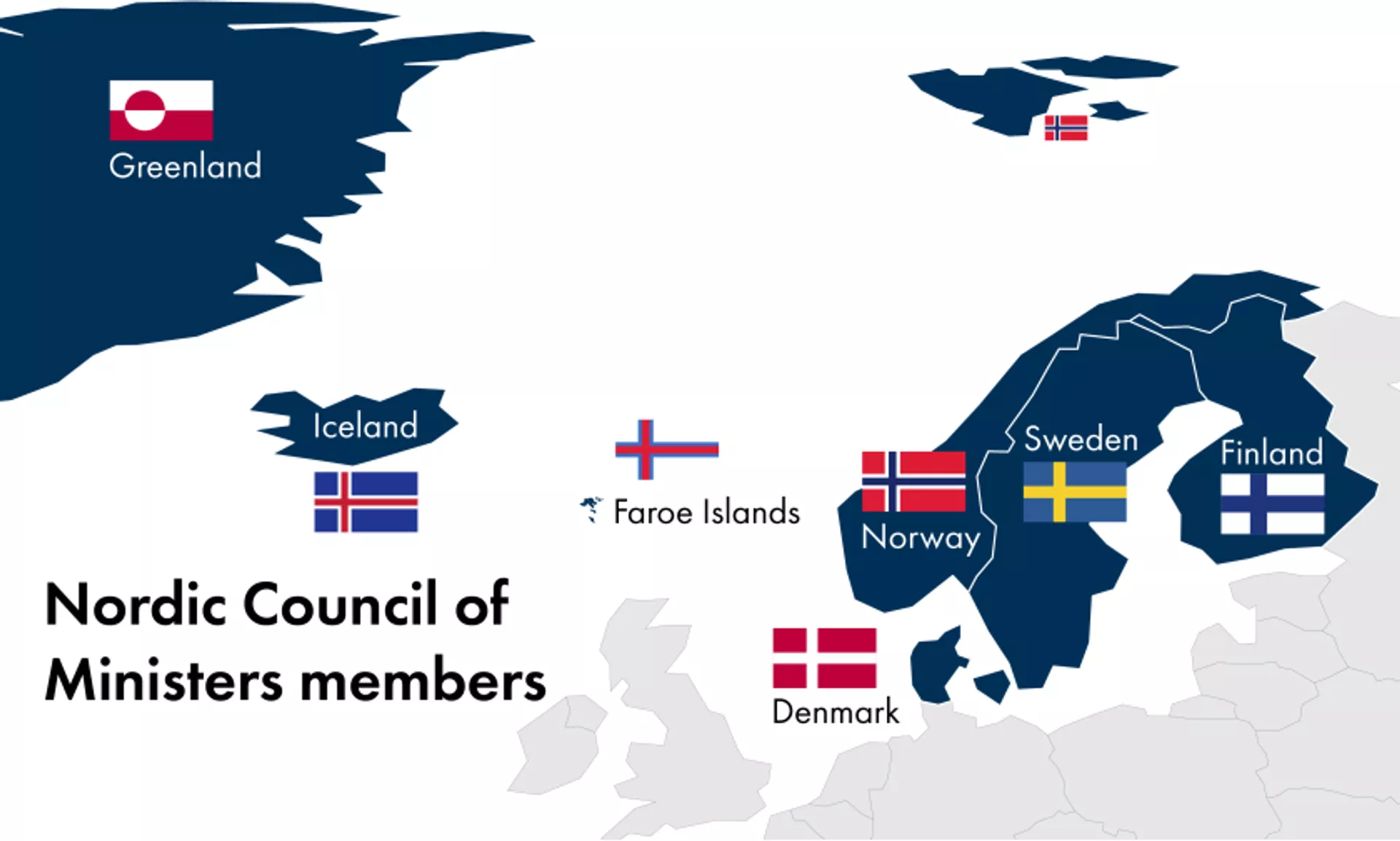
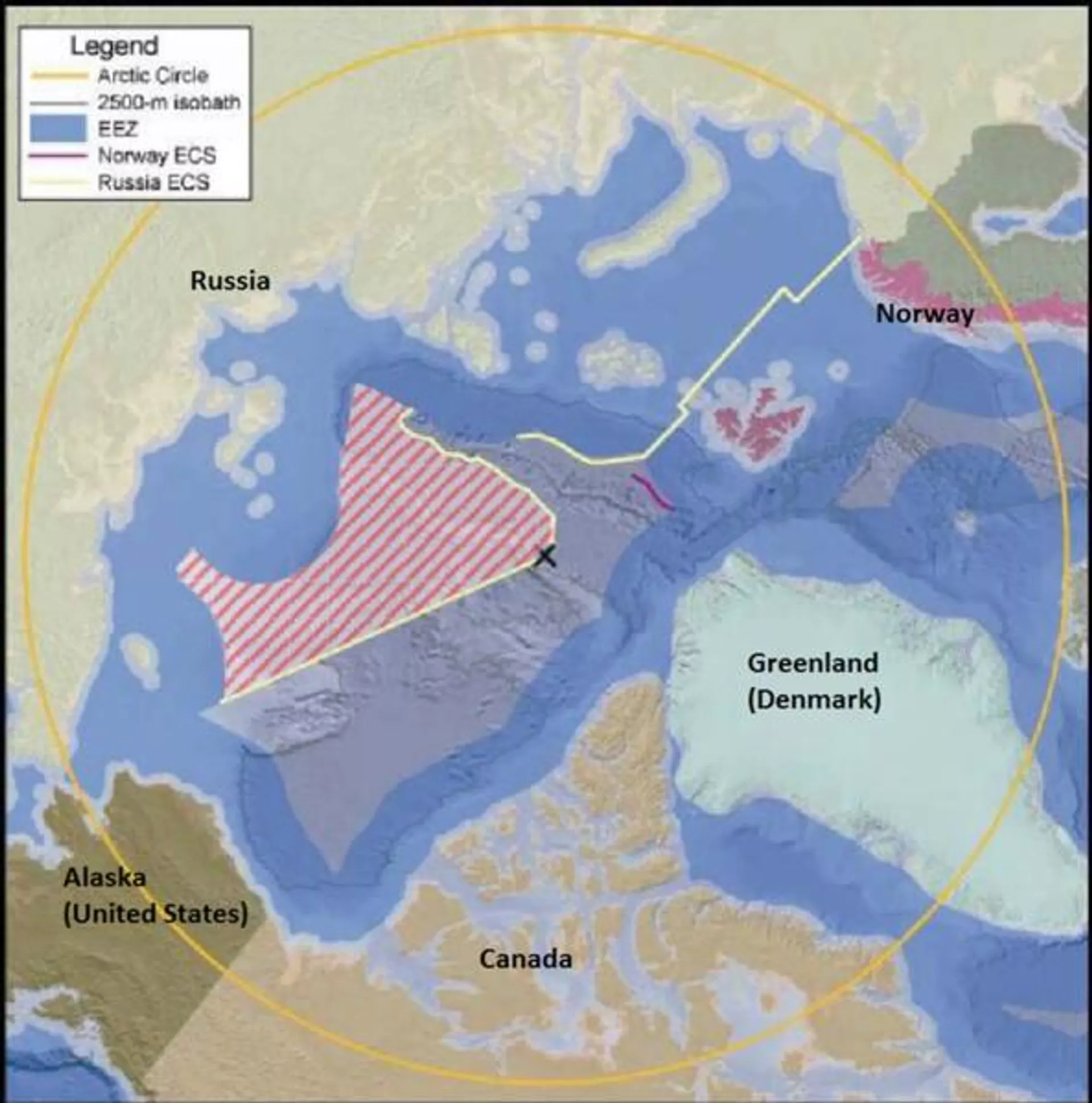

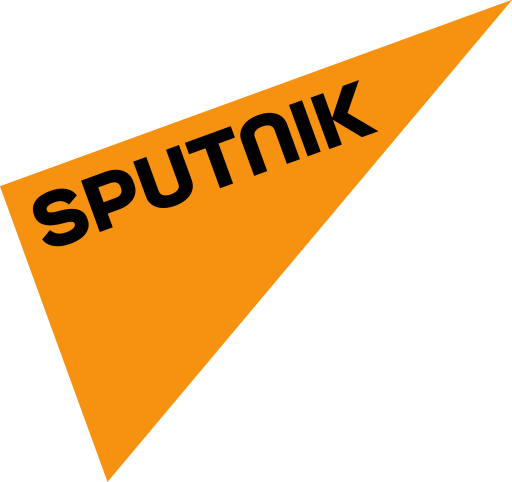 5 months ago
39
5 months ago
39
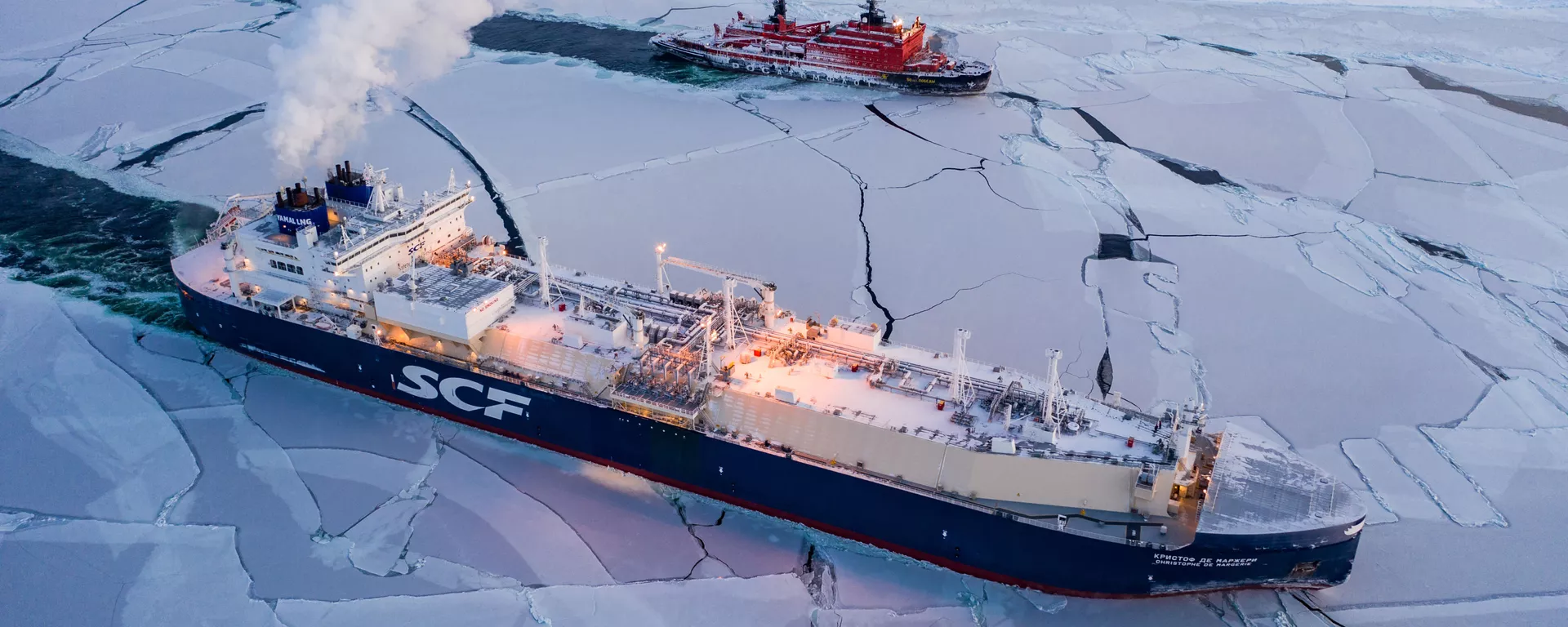
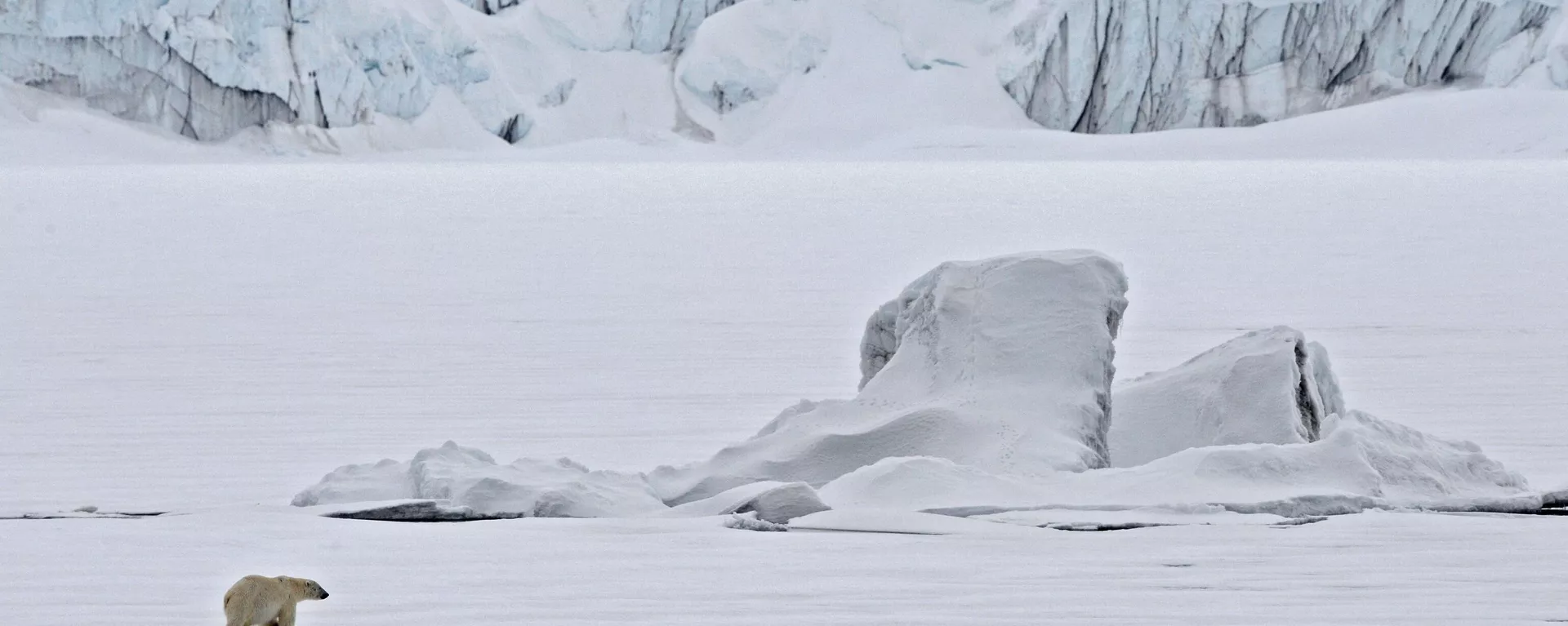

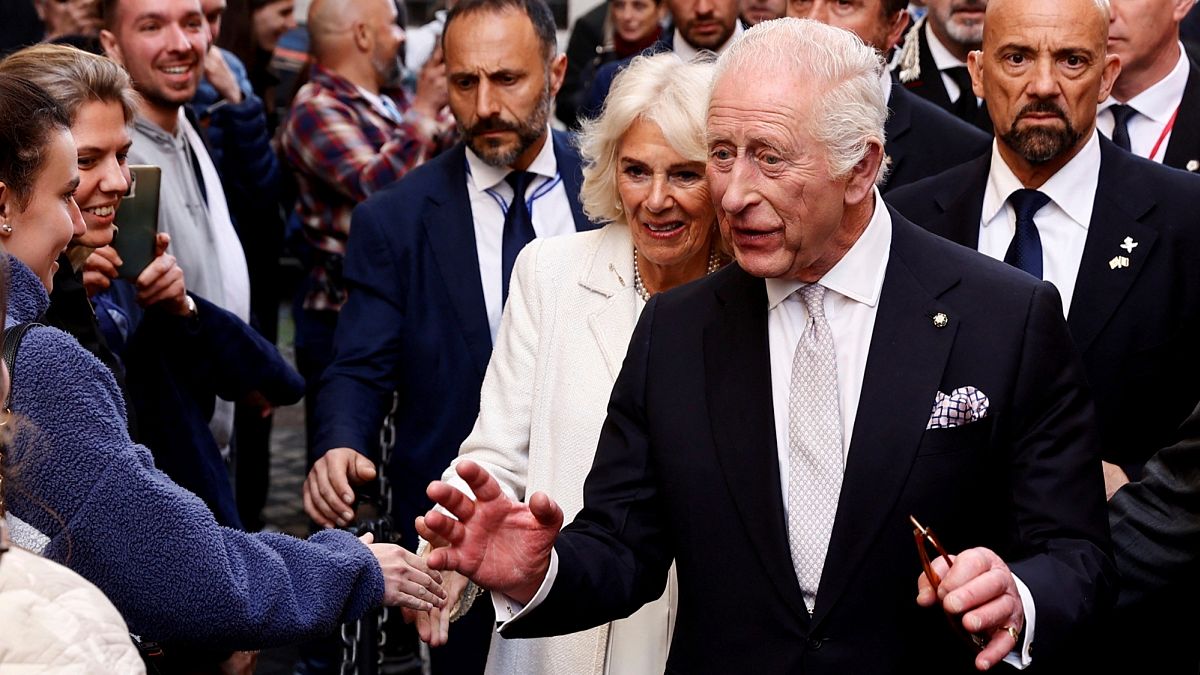
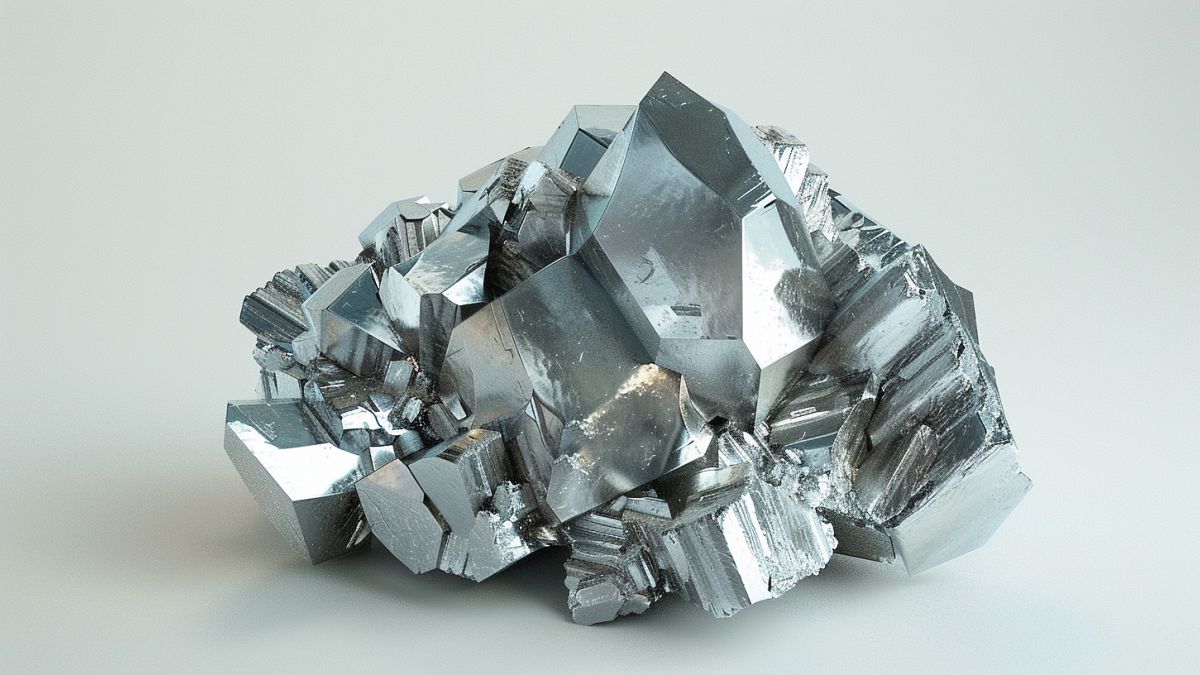
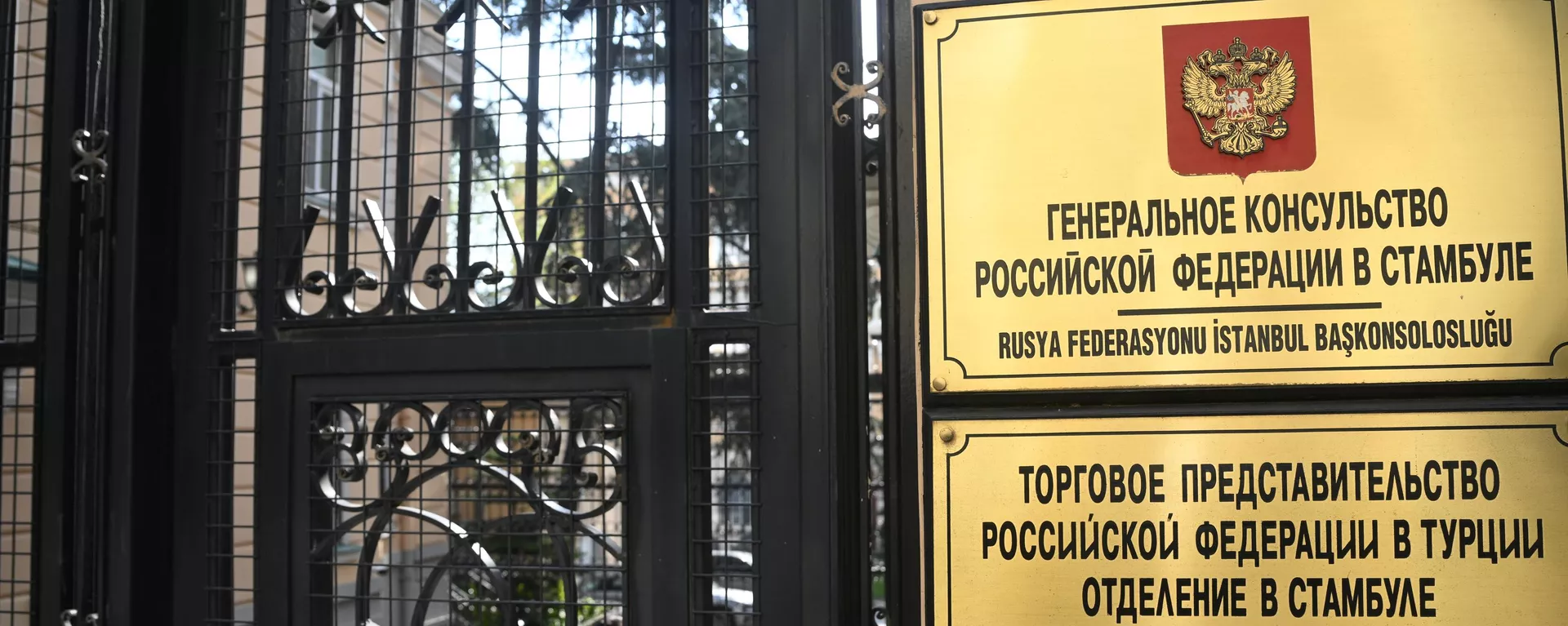

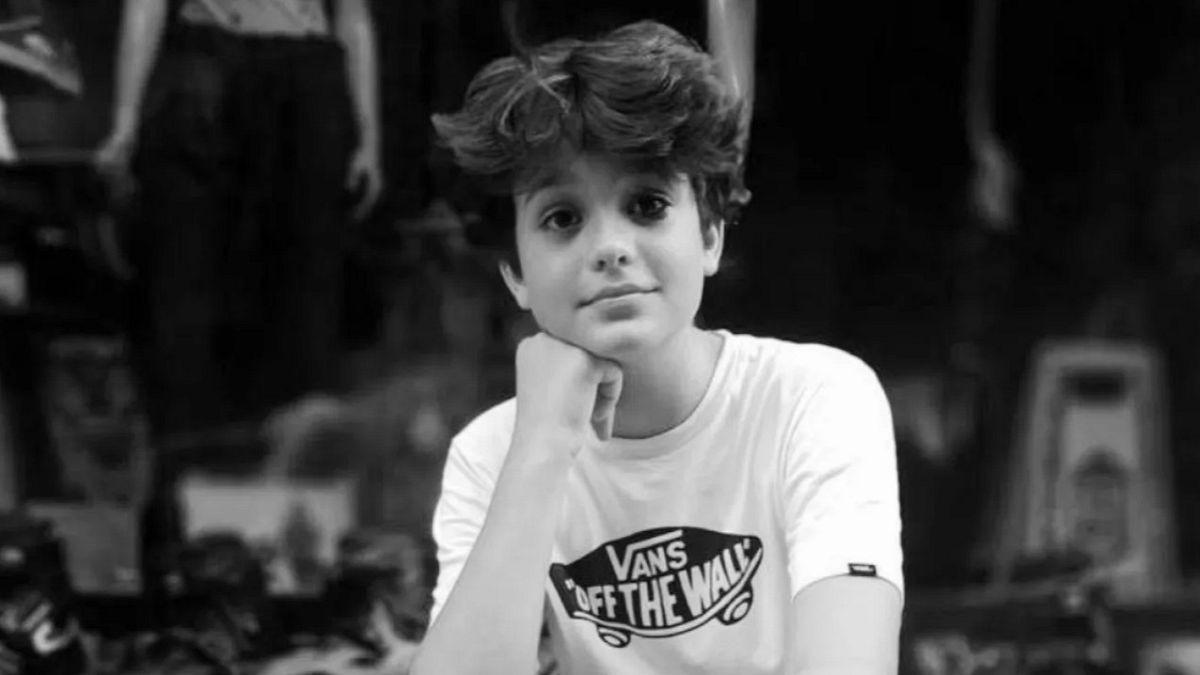
 We deliver critical software at unparalleled value and speed to help your business thrive
We deliver critical software at unparalleled value and speed to help your business thrive






 English (US) ·
English (US) ·